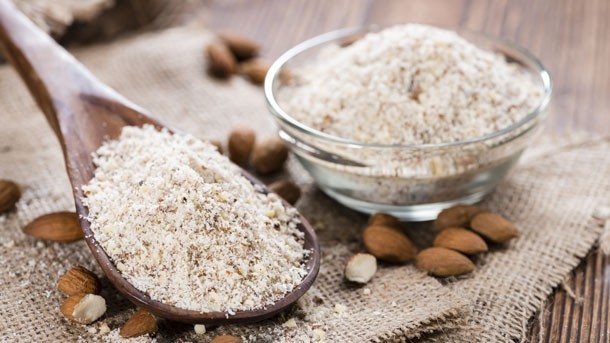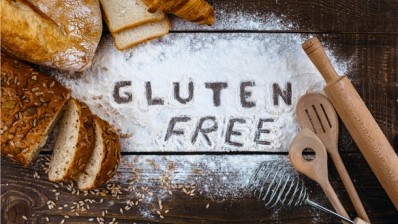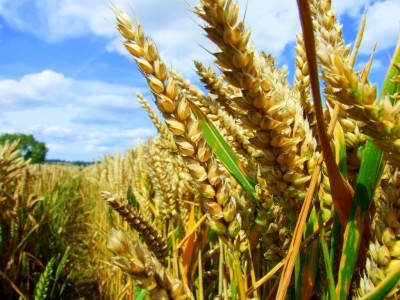Processing affects how fat in plant-based food is absorbed: study

The structure of plant-based foods determined how quickly fats were exposed to digestive enzymes in the stomach – which in turn helped to regulate the amount of fat absorbed by the body – researchers from the Quadram Institute, King’s College London, the University of Surrey and the University of Messina found.
Comparing almond chunks with flour
The study compared the digestion of almond chunks with almond flour in muffins.
The muffins were chewed as normal but instead of swallowing were put into an instrument known as the Dynamic Gastric Model, which accurately mimics the physical and chemical conditions of the human stomach and small bowel, making it possible to calculate how much fat had been released.
After 60 minutes, over 40% of the total fat content had been released from the almond flour muffins, but just under 6% had been released from those made with almond chunks.
Simulated small bowel samples
Samples taken from the simulated small bowel showed that after nine hours, 97% of the fat from the almond flour muffins were released, but only 60% of fat in the almond chunk muffins.
Maintaining the structural integrity of the tough cell walls surrounding the fat-rich cells in almonds was the main factor in determining the digestibility of the fats, researchers concluded.
Please click hereto sign-up for our free monthly Food Ingredients, Health & Nutrition (FIHN) newsletter.

















